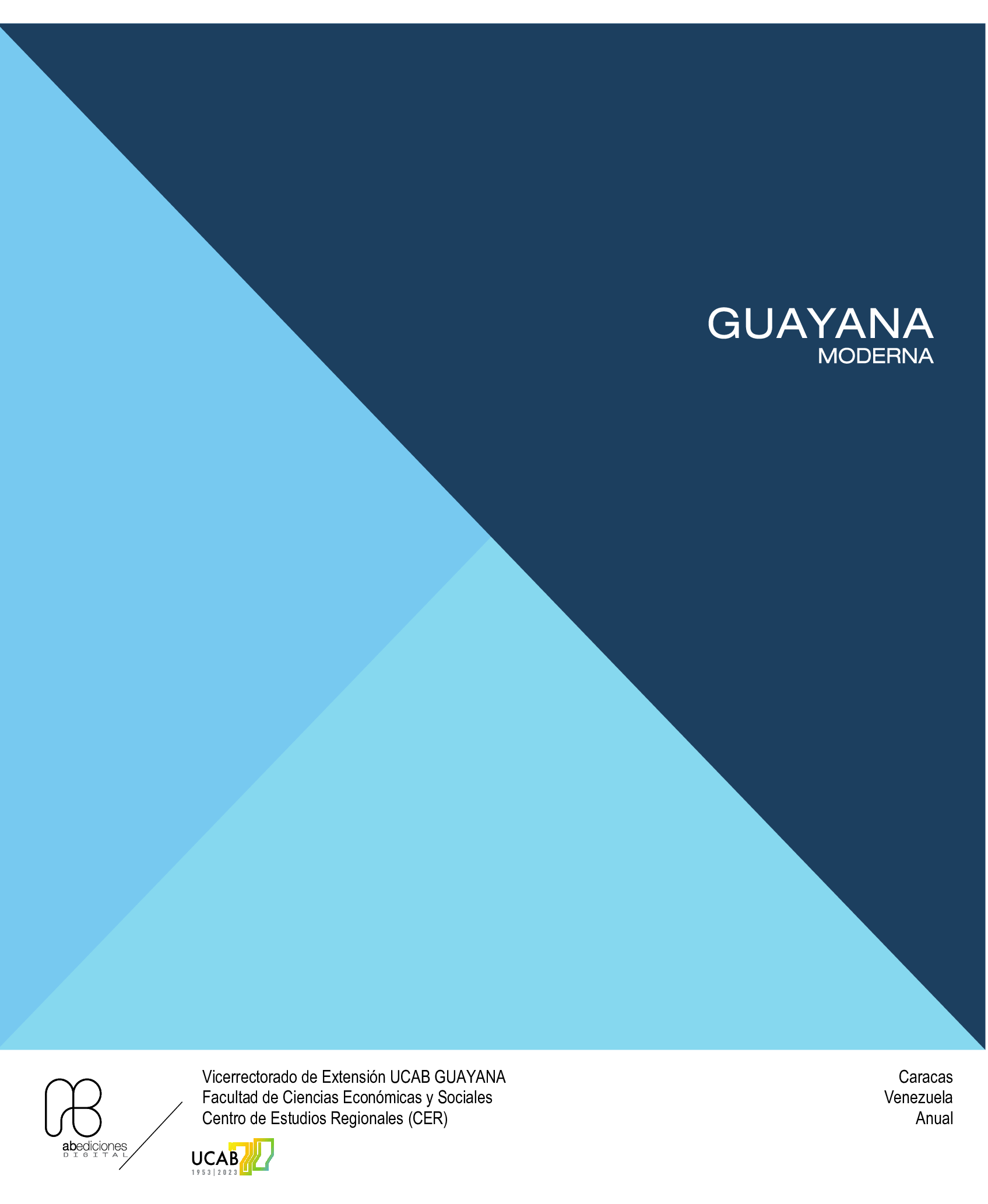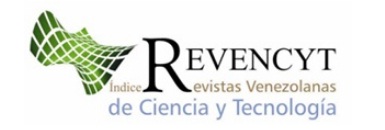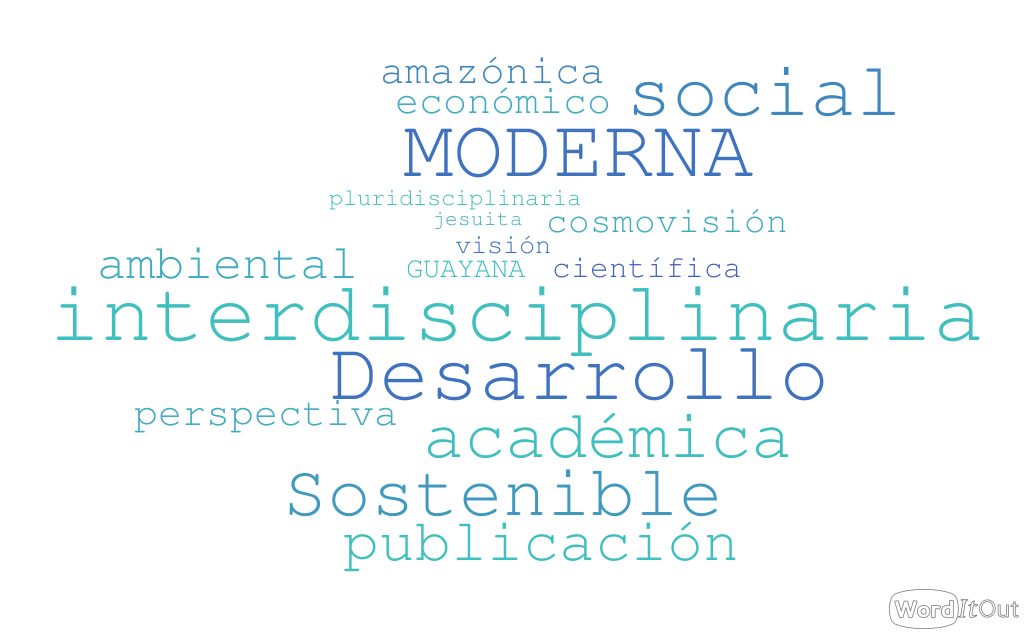Peer Review
To ensure that the papers received meet the quality requirements, Guayana Moderna submits each of them to a double blind peer review by experts.
Once the papers have been received, the journal carries out the following processes:
- Initial review
The editorial team will perform a general review to determine the adequacy of the work to the thematic lines of the journal, originality, scientific quality and compliance with the publication standards found in the Instructions for Authors section, as well as a check that the manuscript does not incur in plagiarism, applying our Anti-plagiarism Policy.
Papers that do not comply with any of the above requirements may require modifications, in which case the author will be informed so that he/she may carry them out within 15 days.
In the same way, papers may be rejected, and the authors will be informed of the reasons why they have not been accepted for evaluation.
- Peer review
After the initial review, we proceed to the external evaluation by academic peers, the system known as "double blind". Each article is reviewed by two referees external to the journal who are proposed by the editorial team, always preserving the anonymity of both the collaborator and the referee
in charge of the report, who in any case will always be an outstanding researcher in the area of the article.
The reviewers will fill out an online form that will be made available to them once the paper has been accepted for review.
The evaluators have 30 days to complete their work. In the event that the evaluators issue conflicting reports, or if deemed appropriate, a third evaluator will be sent.
The criteria that specialists use for evaluation are the following:
- Originality: Do you consider it to be an original document, and why?
- Scholarly contributions: What do you consider to be its most important contributions?
- Does the title fit the content of the article?
- Does the summary summarize the article's objectives and the most relevant conclusions?
- Is the structure adequate for the development of the article?
- Relevant literature review: Is the bibliography used appropriately?
- Clarity and coherence: Does the article have internal consistency and clarity in its exposition?
- Is there an adequate theoretical and methodological management?
- Is there correspondence between the planned objectives and the stated conclusions?
Based on your assessment, your recommendation is:
The ruling could be:
- Publishable with modifications. Only if the author makes the indicated changes will the article be published. The author will have a period of 15 days from the moment he receives the notification, to send the work again with the changes incorporated into the text.
- Not publishable. The article is rejected for publication; the reasons for rejecting it will be communicated to the author.
The final decision will be communicated to the author individually and privately along with the respective reports.
The Editorial Team will be responsible for the final decision to accept or reject the publication of the articles. The final decision will always be based on the reports of the external expert reviewers.
If there are differences between the evaluations, the Editorial Team reserves the right to send the manuscript to other external reviewers.
The final decision will be communicated to the author individually and privately together with the respective reports.
The journal reserves the right to cancel the publication of a previously selected article in case the author does not comply with the deadlines mentioned in the initial review and peer review.
The evaluation process may take between 2 and 4 months from the receipt of the manuscript by the journal. The issue and date of publication of the article will be communicated in due course.







